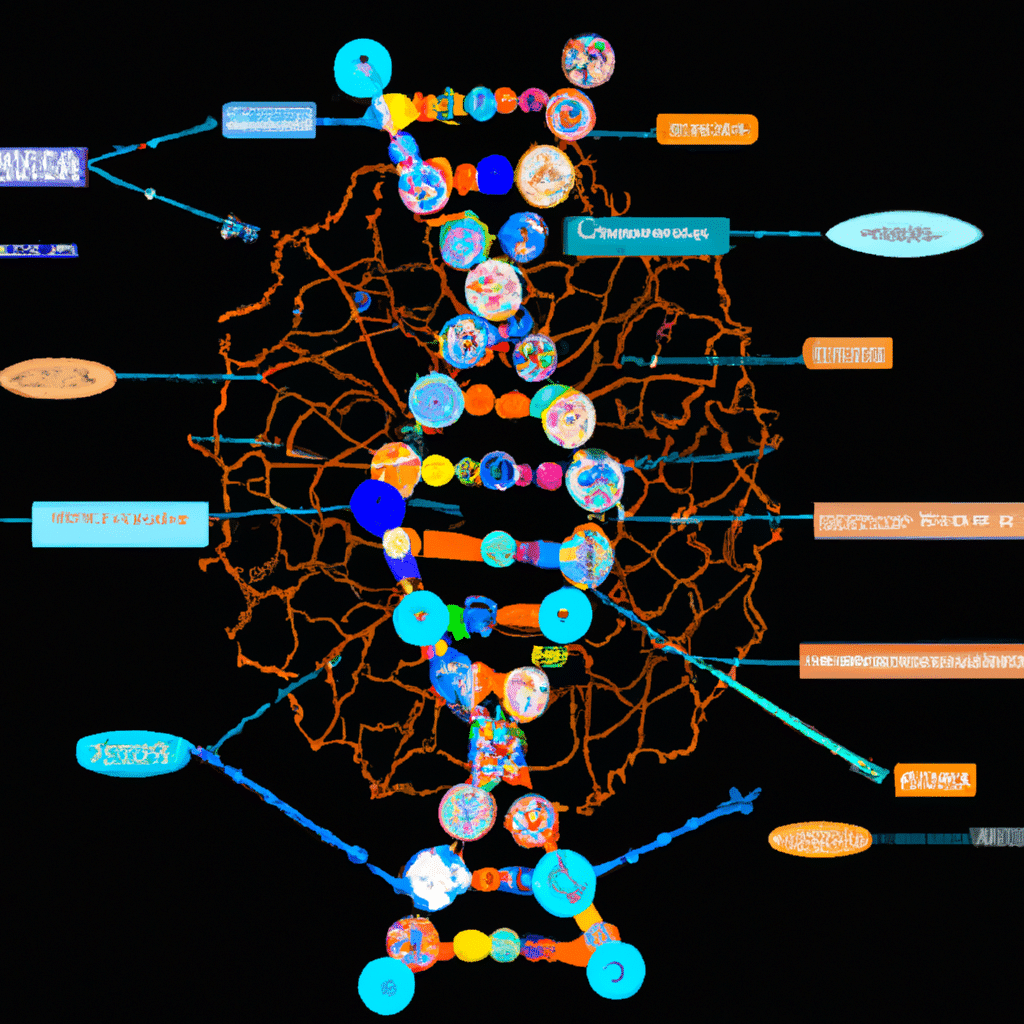The Potential of AI in Personalized Medicine
Personalized medicine is a rapidly growing field that aims to provide tailored medical treatments to individual patients. The use of artificial intelligence (AI) in personalized medicine has the potential to revolutionize healthcare by improving the accuracy and efficiency of diagnosis, treatment, and drug development. In this article, we will explore the potential of AI in personalized medicine and how it can improve patient outcomes.
Personalized Medicine and AI
Personalized medicine aims to provide medical treatments tailored to individual patients based on their unique genetic, environmental, and lifestyle factors. This approach can improve treatment outcomes by identifying the most effective treatments for each patient and minimizing the risks of adverse reactions.
AI can play a critical role in personalized medicine by analyzing vast amounts of patient data, such as medical records, genetic information, and real-time health data from wearable devices. AI algorithms can identify patterns and correlations in this data that would be impossible for humans to detect, providing personalized treatment recommendations that are more accurate and effective.
Diagnosis and Treatment
One of the most significant benefits of AI in personalized medicine is the ability to improve the accuracy of diagnosis and treatment. AI algorithms can analyze patient data and provide doctors with personalized treatment recommendations based on the patient’s unique genetic makeup, medical history, and other factors.
For example, AI algorithms can analyze medical images, such as X-rays or MRIs, and identify subtle changes that may indicate the presence of a disease or condition. This can help doctors make more accurate diagnoses and identify the most effective treatments for each patient.
AI can also help doctors identify patients who are at high risk of developing certain conditions, such as heart disease or cancer, and provide personalized treatment recommendations to prevent or manage these conditions.
Drug Development
AI can also play a critical role in drug development by speeding up the discovery and development of new drugs. AI algorithms can analyze vast amounts of data from clinical trials, genetic studies, and other sources to identify potential drug targets and predict how different compounds will interact with the body.
This can help pharmaceutical companies develop new drugs more quickly and efficiently, reducing the time and cost of bringing new treatments to market. AI can also help identify patients who are most likely to benefit from new treatments, improving the efficiency of clinical trials and reducing the risks of adverse reactions.
Challenges and Limitations
While AI has enormous potential in personalized medicine, there are also several challenges and limitations that need to be addressed. One of the most significant challenges is the need for large amounts of high-quality data to train AI algorithms effectively. This data must be carefully curated and validated to ensure that it is accurate and representative of the patient population.
Another challenge is the need for transparent and ethical AI algorithms. AI algorithms must be transparent in their decision-making processes, and patients must be able to understand how the algorithms arrived at their recommendations. Additionally, AI algorithms must be developed and used in an ethical manner that respects patient privacy and autonomy.
Conclusion
In conclusion, the potential of AI in personalized medicine is enormous. AI has the potential to improve the accuracy and efficiency of diagnosis, treatment, and drug development, leading to better patient outcomes and reduced healthcare costs. However, there are also significant challenges and limitations that need to be addressed to ensure that AI is used in an ethical and effective manner. As the field of personalized medicine continues to evolve, AI will undoubtedly play an increasingly important role in improving patient outcomes and advancing healthcare.













